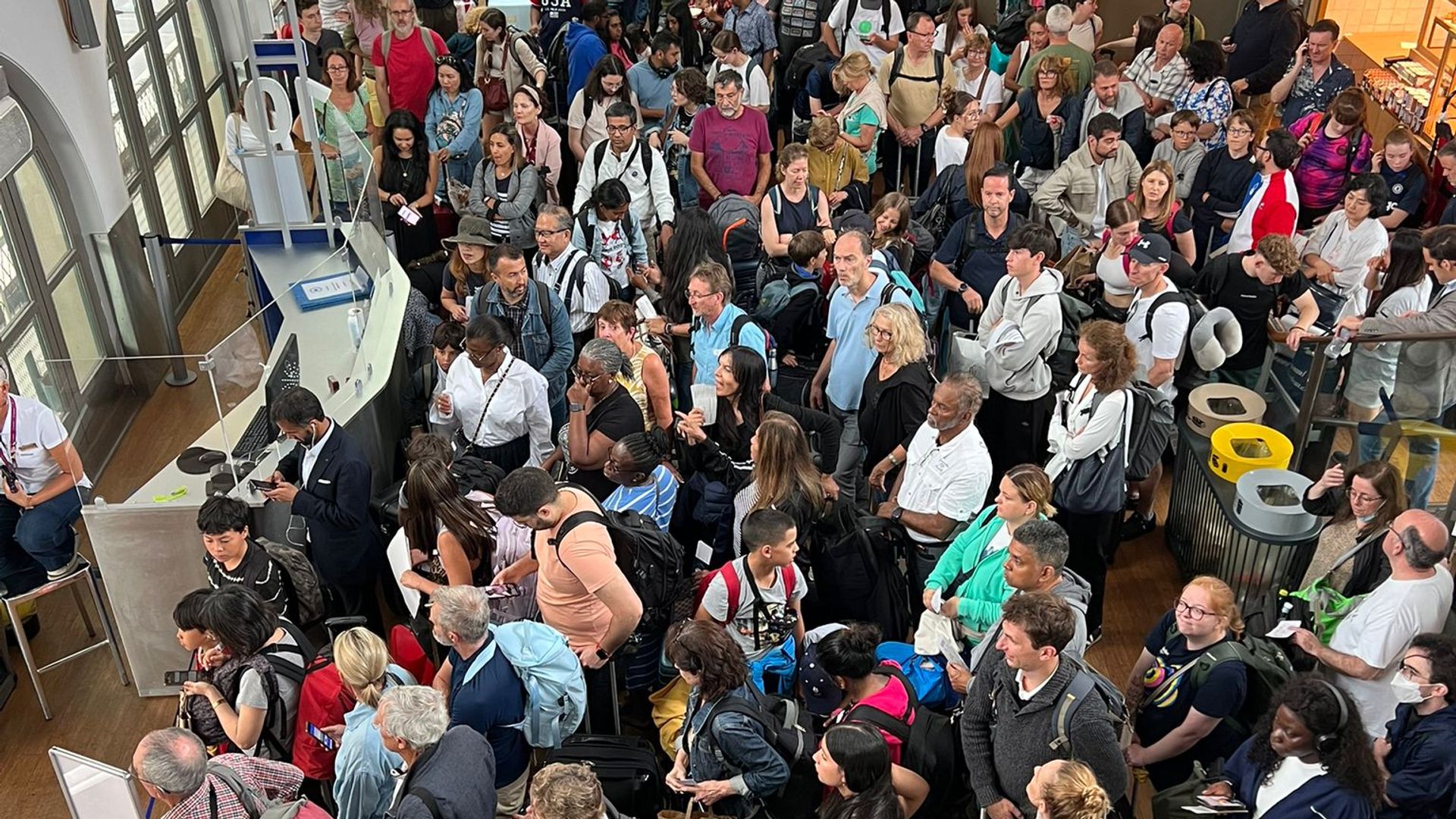A TV interview given by the suspects in the Salisbury poisonings was both “shocking” and “welcome”, a senior police officer has said.
Alexander Petrov and Ruslan Boshirov denied being behind the March 2018 attack involving novichok, claiming on Russian TV channel RT six months later that they were visiting the city to see the Salisbury cathedral.
Dawn Sturgess, 44, died after she was exposed to the nerve agent, which was left in a discarded perfume bottle in a nearby Wiltshire town.
Appearing at the Dawn Sturgess inquiry on Wednesday, Commander Dominic Murphy, head of the Met’s Counter Terrorism Command, was asked whether the interview came as a surprise.
Mr Murphy replied: “Surprise is probably quite an understatement.”
He said it was “quite a shocking thing to see actually, and unexpected, but equally for various reasons quite welcome for them to go on TV like that”.
It allowed investigators to confirm the pictures they had of Petrov and Boshirov were the right men, Mr Murphy added.
The pair had been identified as suspects in the 2018 poisoning of former Russian spy Sergei Skripal, his daughter Yulia and former police officer Nick Bailey, in Salisbury.
The trio, who all survived, had been poisoned by novichok.
Ms Sturgess died on 8 July 2018 after she “unwittingly applied” the nerve agent in nearby Amesbury. Previously, the inquiry had been told there was enough novichok in the perfume bottle to kill thousands of people.
Mr Murphy said the account Petrov and Boshirov gave of their UK trip in the TV interview “was very different from the movements we actually saw”, which were “not at all” those of tourists.
He added that the men had suggested they could not use public transport because of wintry conditions, “which of course they did, for their journey down and their return journey”.
Read more on inquiry:
UK sanctions Russian officer accused of helping poisoners
Police ‘sorry’ for calling victim ‘a drug user’
Paramedics and police ‘argued over poisonings’
Keep up with all the latest news from the UK and around the world by following Sky News
Establishing identities
Mr Murphy told the inquiry the police had used visa applications and financial documents, a Russian military school website and wedding pictures to confirm Boshirov’s real identity as Anatoliy Vladimirovich Chepiga.
The officer said an image of Chepiga bearing “a strong resemblance to Boshirov” was pictured on a “wall of heroes” at a military school in the town of Blagoveshchensk, in the far east of Russia.
Mr Murphy said Petrov’s real identity was believed to be Alexander Mishkin, who worked as a doctor for GRU, the Russian military intelligence service.
Be the first to get Breaking News
Install the Sky News app for free
The inquiry was shown images of passports in the name of Petrov and Mishkin which both had the same date of birth, 13 July 1979, and the same place of birth, Arkhangelsk.
The inquiry continues.






